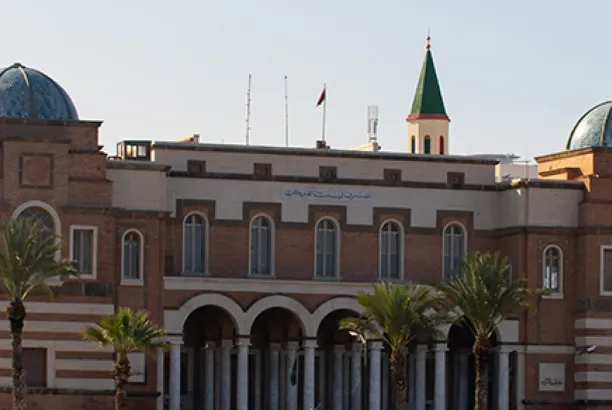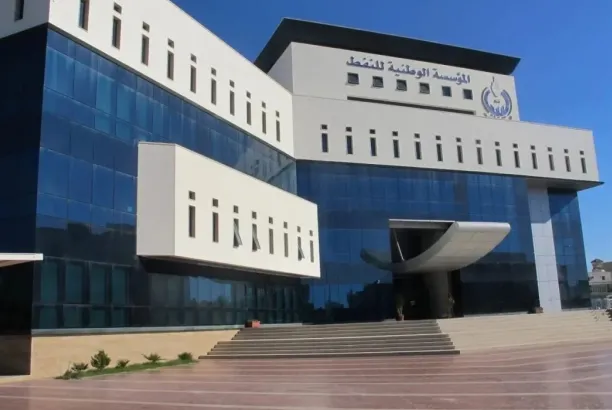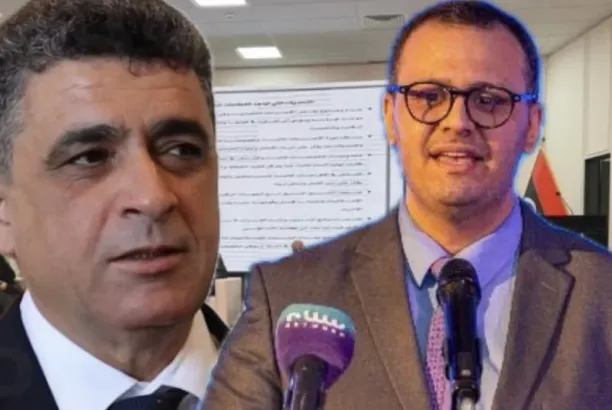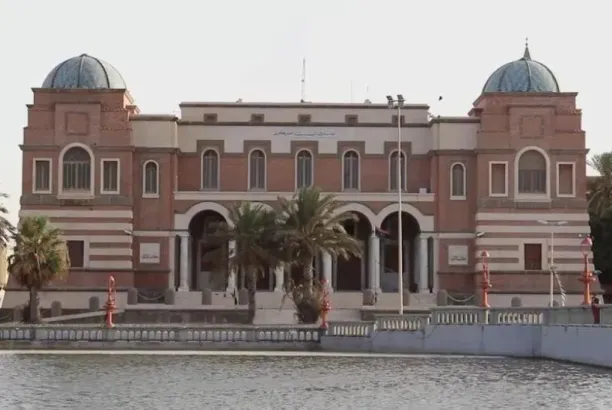
| News
Ashnibish: “Between the Hammer of Falling Oil Prices and the Anvil of Libya’s Economic Challenges”
Anas Ashnibish, in a statement to our source, discussed the recent calls to reduce global oil prices, including direct appeals to OPEC by the leader of a nation with the highest oil production globally. Ashnibishwarned that, if these measures are implemented as urgently as proposed, the repercussions on Libya’s economy and financial stability in 2025 could be severe.
He added: “In a country reliant on a rent-based economy fueled by oil, with successive economic crises and persistent budget deficits, a drop in oil prices would have a profound and immediate impact on Libya’s economy due to its heavy dependence on oil revenues as the primary source of public income.”
Anticipated Impacts
- Decline in Government Revenue: A price reduction would shrink state revenues, straining the government’s ability to fund public services like healthcare, education, and infrastructure. There is also a potential challenge in covering public-sector salaries amidst excessive budgetary expansion in this area.
- Widening Budget Deficit: The government might struggle to meet public expenditure, leading to a significant budget deficit and escalating public debt.
- Pressure on Currency Exchange Rates: Reduced oil revenues would diminish foreign currency reserves, putting pressure on the Libyan dinar and potentially causing inflation.
- Social Impacts: Although Libya has stalled developmental projects, reduced government spending on such initiatives could lead to higher unemployment rates.
Urgent Solutions to Avert the Crisis
- Diversifying the Economy: Invest in alternative sectors such as agriculture, industry, and tourism to reduce oil dependence.
- Strict Public Spending Management: Minimize government waste and rationalize expenditures in non-essential sectors.
- Stimulating the Private Sector: Support entrepreneurs and create a favorable investment environment to encourage small and medium-sized enterprises.
- Renewable Energy Development: Invest in alternative energy sources like solar power, capitalizing on Libya’s immense potential in this area.
- Improving Transparency and Fighting Corruption: Ensure that oil revenues are utilized efficiently to prevent resource depletion.
- Strengthening Foreign Currency Reserves: Prioritize essential imports and implement strict spending measures to safeguard reserves.
Ashnibish concluded: “Urgent action and the establishment of long-term strategic plans are crucial in mitigating the impact of oil price fluctuations on Libya’s economy. It is essential to present the Libyan people with the reality of the situation and involve them in crafting solutions to address the challenges and crises that could arise at any moment.”





